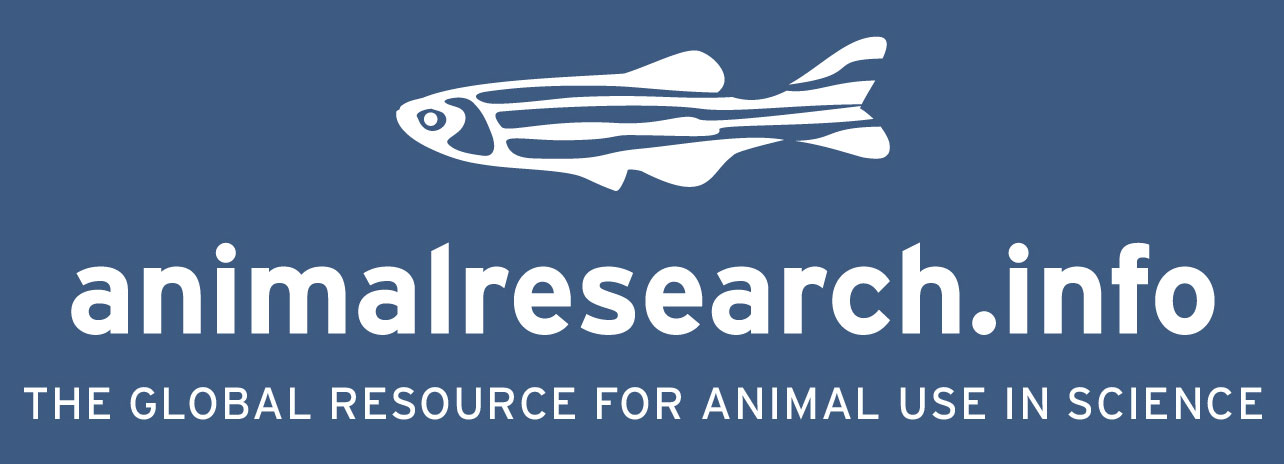Alternative methods
But today, scientists have developed and validated alternative methods shown to lead to safer and more effective products and drugs for humans than animal testing. Here are a few examples of the recent developments.
For more information: https://www.animalresearch.info/en/designing-research/alternatives-and-3rs/
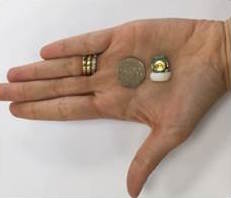
14/08/17 A better way to record EEG in mice
Scientists at Imperial College London have developed a new ultra lightweight wireless sensor that can record neural activity in the brains of mice. In a collaboration between Imperial College and Eli Lilly, and funded by the NC3Rs, the researchers created a smaller EEG recorder than could be used on mice.
http://www3.imperial.ac.uk/newsandeventspggrp/imperialcollege/newssummary/news_14-8-2017-10-13-58
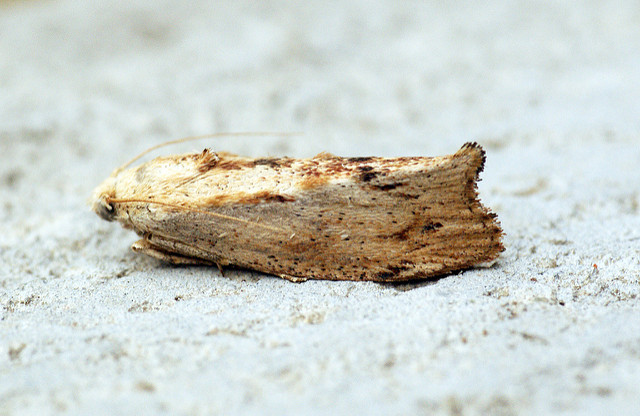
23/01/17 Moth larvae could reduce studies on mammals
A study funded by the NC3Rs believes that certain tests currently conducted on mammals could be done on moth larvae. Since moths are invertebrate they are not able to suffer in the way mammals and other vertebrate species are - so such a move could improve animal welfare overall.
http://www.bournemouthecho.co.uk/news/national/15040458.Moth_larvae__cuts_number_of_mammals_needed_for_animal_tests_by_up_to_80__/
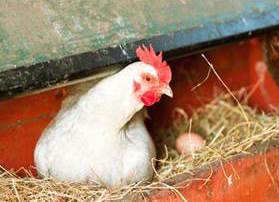
17/01/17 NC3Rs-funded study to replace mice with chick eggs
A clever new method of using chick eggs could replace some mice studies into bone regeneration. Replacement methods like these are at the heart of the 3Rs Replacement and Refinement, aimed at improving lab animal welfare.
http://www.nc3rs.org.uk/news/out-box-egg-new-way-studying-human-bone-repair
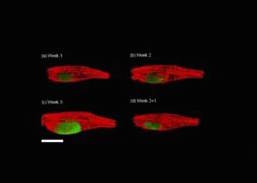
08/08/16 New 3-D imaging system offers non-invasive monitoring of tumour development in zebrafish.
Animal testing is an essential step in developing new drugs for diseases. However, the process usually involves invasive procedures with animals that must be euthanized. Researchers from Imperial College London and University College London (UCL) have now demonstrated a new way to study the progression of disease by adapting an imaging method called optical projection tomography (OPT).
http://www3.imperial.ac.uk/newsandeventspggrp/imperialcollege/newssummary/news_5-8-2016-16-15-4
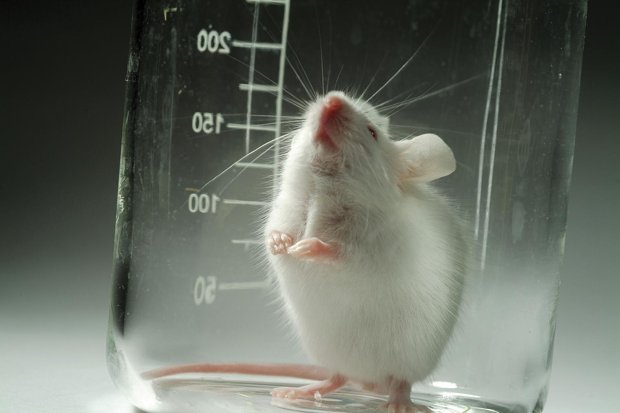
08/08/16 Donated skin cells from patients with bipolar reduces number of animals used for research
Researchers from the University of Edinburgh are making stem cells from skin cells donated by people with bipolar disorder. The stem cells are developed into brain cells, allowing the team to study how the condition relates to brain tissue. It is hoped that the technique will lead to a better understanding of the disorder and help to develop new treatments. The technique will help reduce and replace the number of animals that are used to study the disease.
http://www.bbc.co.uk/news/uk-scotland-edinburgh-east-fife-37009561
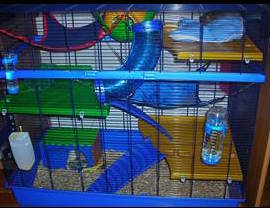
05/07/16 Better caging could improve animal studies
Could larger "semi-naturalistic" cages, which allow rats to climb and burrow, improve the reproducibility of scientific results? Scientists found that rats in larger cages with burrowing soil would stretch out much more, and would burrow. However, there is still debate as to how much animal welfare is impeded by the standard enclosures.
http://www.huffingtonpost.com/entry/lab-rats-tiny-cages_us_57753d4be4b0bd4b0b13c3dc?ir=Science§ion=us_science&utm_hp_ref=science
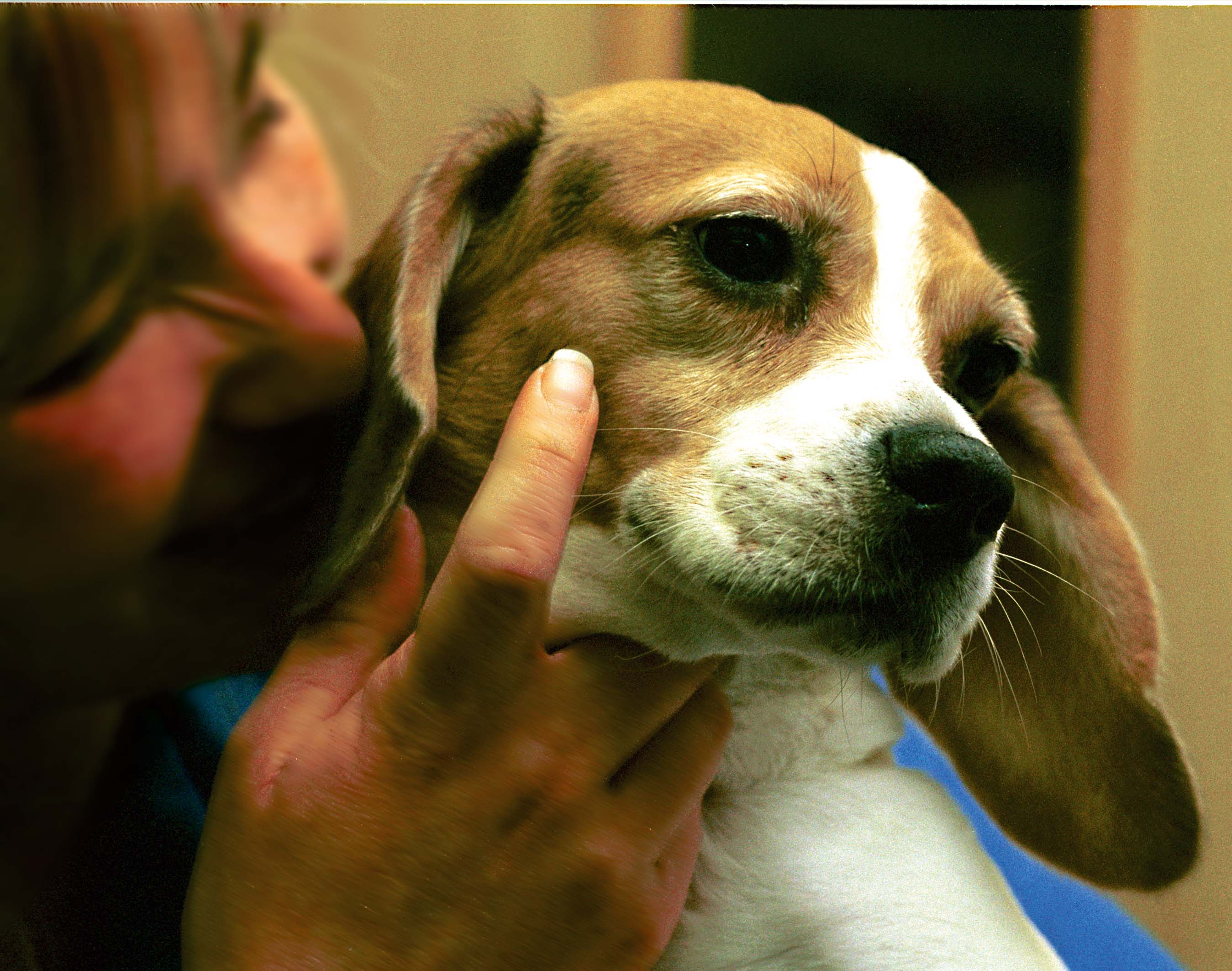
08/06/16 Beagle breeding approved after judicial challenge
An animal rights group (CFI) has lost a judicial review against government approval for a firm in East Yorkshire (B&K) to breed dogs for medical experiments.
http://www.bbc.co.uk/news/uk-england-humber-36482850
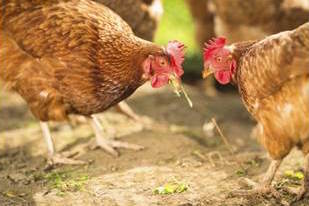
16/05/16 Chickens keep their feathers after welfare improvements.
New study shows animal welfare initiatives improves feather cover of cage-free laying hens. Recognised welfare outcome assessments within farm assurance schemes have shown a reduction in feather loss and improvement in the welfare of UK cage-free laying hens, according to the findings of a study from the AssureWel project by the University of Bristol, RSPCA and the Soil Association.
http://www.bristol.ac.uk/news/2016/may/feather-loss-of-cage-free-laying-hens-.html
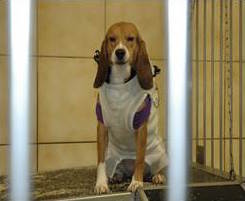
22/04/16: NC3Rs work to improve animal welfare in toxicology studies
The NC3Rs led a working group in 2015 to try and find ways to encourage social housing of non-rodents in toxicology studies (usually dogs or pigs) throughout the study life. As it stands, many institutions must separate animals during the days that telemetry readings are being taken to ensure that no complications arise. This sort of work into Refinement of animal studies improves animal welfare and ultimately the results, by reducing the stress in lab animals.
http://www.nc3rs.org.uk/news/social-housing-during-telemetry-recording
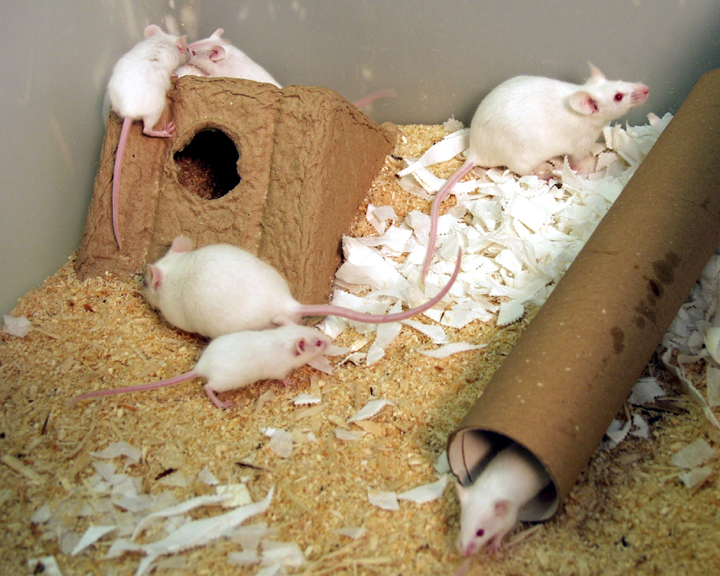
20/04/16: Grubby mice improve immune research
Lab mice live such a privileged life their immune systems are pretty unchallenged, and that makes them a poor model for some immunological studies. The strategy described here is to co-house lab mice with grubby pet-shop mice and introduce them to a range of bugs.
http://www.sciencemag.org/…/can-dirty-mice-save-animal-rese…
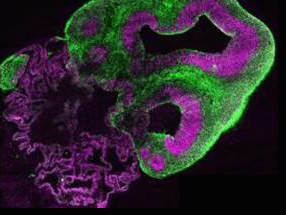
29/03/16 Mini-brains show great potential to replace animals in studying neurological disease
Mouse embryos are most frequently used to study the development of the mammalian brain, and large numbers of pregnant female mice are killed to provide these. The mice are often genetically modified in order to investigate the impact of various genes on development, and the phenotypes resulting from modifications can compromise animal welfare.
In vitro models have the potential to capture the intricacies of the human brain more accurately than animals, but the challenge has been to model the whole brain and its complex functions, rather than single cell types or processes individually. Dr Lancaster’s work focused on creating 3D cerebral organoids from human induced pluripotent stem cells.
Last edited: 19 January 2018 13:58
